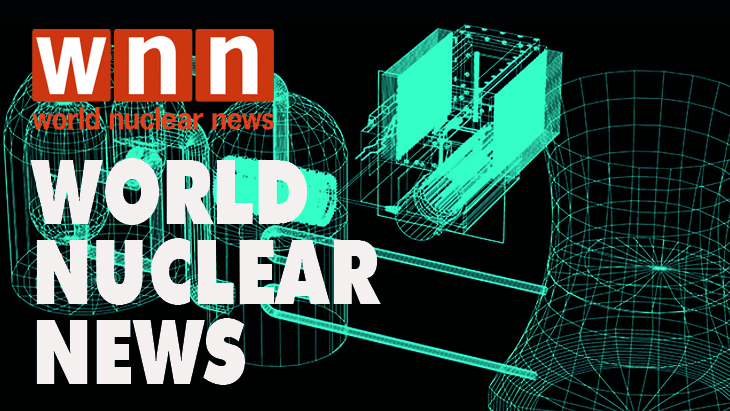In the main interview of this episode of the World Nuclear News podcast Fressoz, historian, author and academic, explains why he thinks that the idea of energy transition is a simplistic and flawed one, noting that what has actually happened throughout history has been different energy sources piling up on top of each other - such as more wood being used after the "switch" to coal, and more coal being used after the emergence of oil.
Even if nuclear and renewables manage to decarbonise the electricity sector, he says, the big issue will be what is done to cut carbon emissions from other sources, such as the cement industry, unless wider choices are made. Fressoz is the author of Une nouvelle histoire de l'énergie - which in English will be More and More and More, An All-Consuming History of Energy.
Also in this episode we hear from Ian Chapman, CEO of the UK Atomic Energy Authority, about the achievements of JET (the Joint European Torus) which has ended its 40-year life full of breakthroughs on the fusion front. He explains that there is still much to learn from its decommissioning, with more lessons for future fusion projects as well as for the fission industry.
In the news round-up Claire Maden reports on the US law prohibiting the importation into the USA of unirradiated, low-enriched uranium that is produced in the Russian Federation or by a Russian entity, and Warwick Pipe brings us up-to-date with progress on China's first small modular reactor.
Episode credit: Presenter Alex Hunt. Co-produced and mixed by Pixelkisser Production













